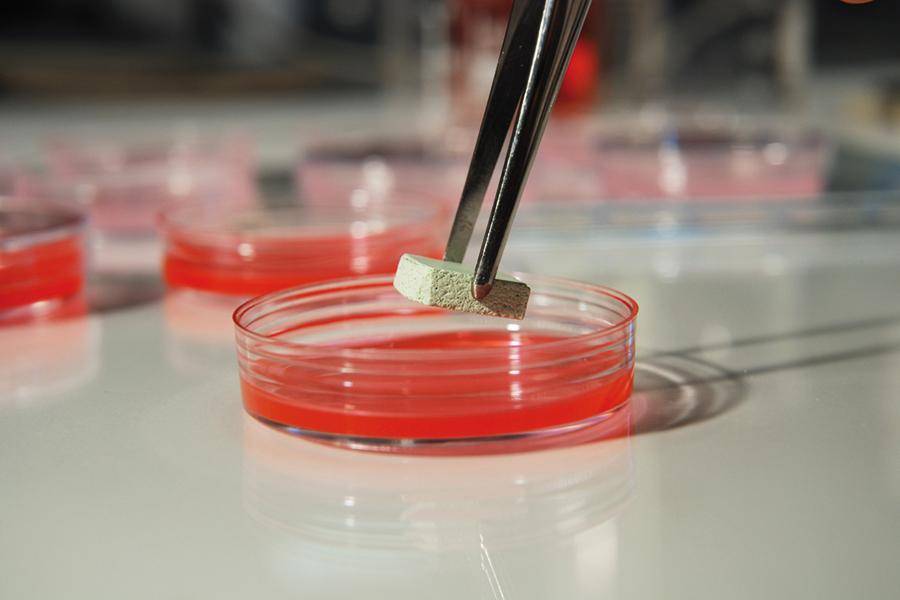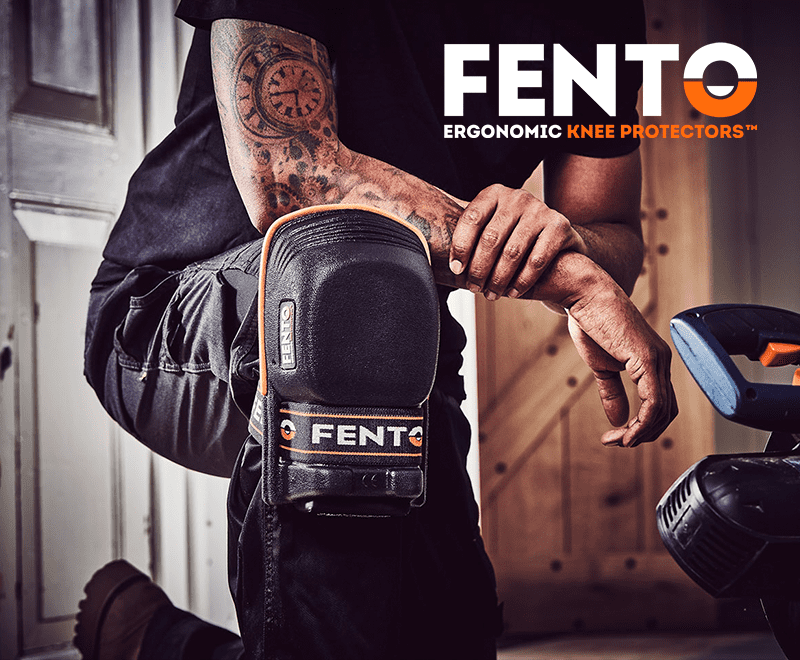Cementitious grout is the weakest part of a tiled surface, as it is prone to deteriorate as it ages, allowing mould, fungi, and bacteria to grow. There are various ways to limit the growth of such microorganisms, Kerakoll says, although some of them bring about other problems.
The use of chemical, anti-fungal and bactericide substances in the formulation of products for the building industry can lead to a wide range of diseases and dysfunctions, the company says, depending on the active principle used.
In line with its focus on eliminating sick building syndrome and promoting the health of installers of construction materials and occupants of buildings, Kerakoll says it has decided to tackle the growth of microorganisms by pursuing alternative, natural methods. The company has worked with researchers in the Microbiology Department of the CSTB (Technical Scientific Centre for Construction) in France to identify a way of using NHL (natural hydraulic lime) to provide permanent resistance to the growth of bacteria and fungi.
Samples of Fugabella Color, Kerakoll’s resin-cement grout range were tested by the CSTB and rated B+, which means they do not allow growth of either bacteria, whether the grout is clean or dirty, making them a natural alternative to anti-bacterial treatments, as well as resistant to fungal contamination.
The grout is also said to be water-resistant, not subject to efflorescence and resistant to attack by aggressive chemicals and staining from household substances, making it easy to maintain clean, hygienic surfaces.
01772 456 831
info@kerakoll.co.uk
www.kerakoll.com
Please click to view more articles about
> Kerakoll <







